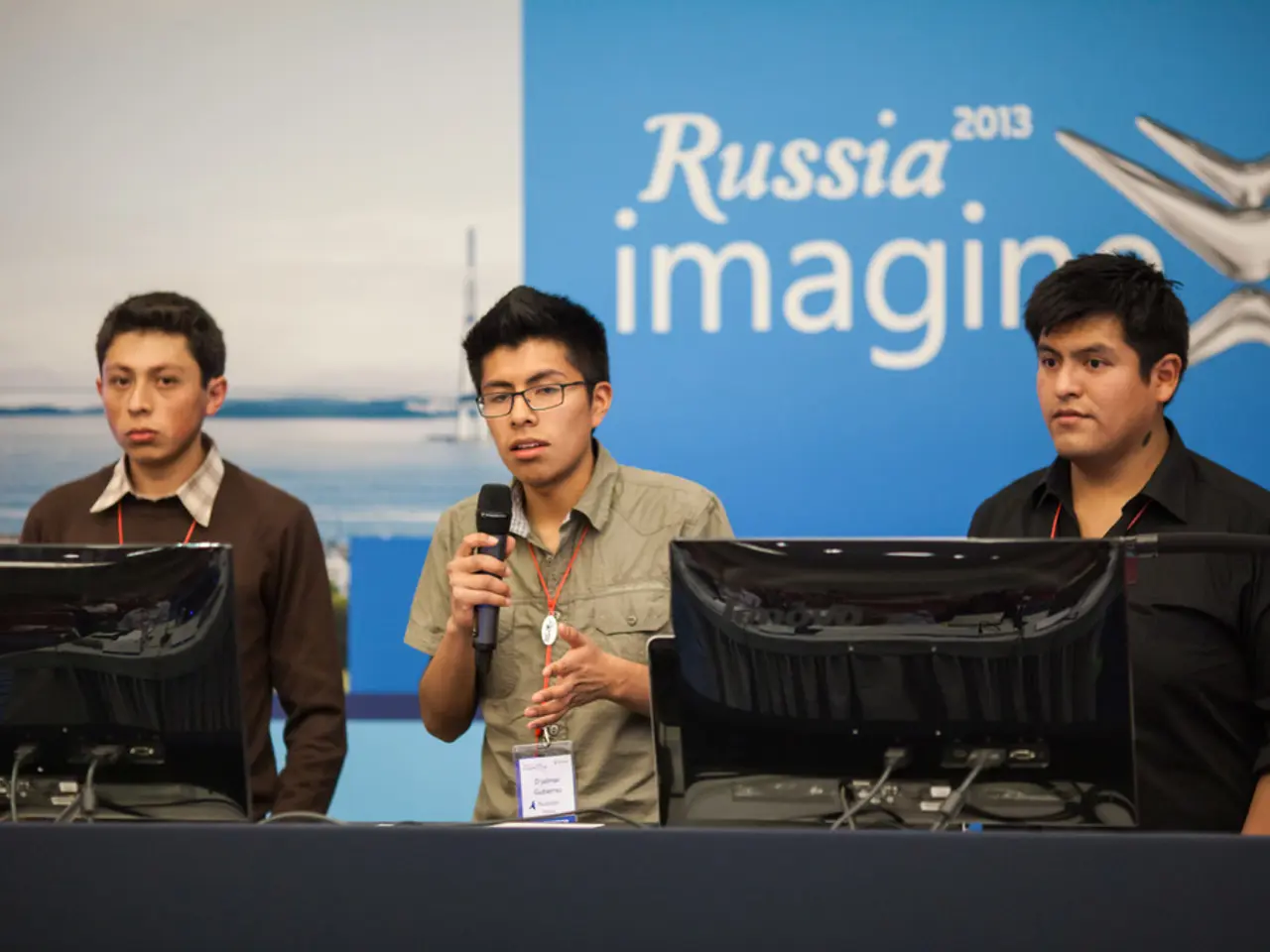NASA's Pioneering Effort to Safeguard Earth from Asteroid Impacts in Collaboration with Polish Engineering Professionals
NASA and ESA Launch Hera Mission: A Leap Forward in Planetary Defense
For a historic step in planetary defense, NASA and the European Space Agency (ESA) have joined forces to launch the Hera spacecraft on October 7. The Hera mission, designed to protect Earth from potentially hazardous asteroids, represents a game-changing moment in the realm of planetary defense.
At the core of this groundbreaking project lies the autonomous navigation system, a key feature that enables complex space maneuvers without the need for real-time guidance from Earth. Polish engineers from the renowned space industry company GMV played a pivotal role in co-developing this sophisticated technology.
The Polish involvement in the Hera mission underscores the expertise of local engineers and underscores Poland’s growing importance in shaping the future of space exploration. The Hera mission explores various techniques to divert asteroids from collision paths with Earth, a prerequisite for future defense systems against catastrophic extraterrestrial threats.
The Hera mission, hailed as pioneering by ESA, will scrutinize the feasibility of asteroid redirection through impact or alternative methods. If successful, the method could lead to a foundation for future planetary defense systems.
In addition to the primary objectives, the Hera mission could have broader implications for space exploration. The emerging technologies, such as autonomous navigation and radar systems, could potentially open doors for upcoming space missions. The project builds upon the achievements of previous missions, like Rosetta, further solidifying Europe’s status as a prominent player in space exploration.
While the cost of the Hera mission stands at around €290 million, cooperation among numerous countries, including Spain, Portugal, Romania, Germany, the Netherlands, and France, made the project a truly collaborative venture. Poland contributed its scientific expertise and resources to this global effort.
For the broader Polish space sector, the Hera mission highlights Poland’s increasing presence in international space ventures. With Poland’s active participation in various ESA programs and missions, such as the JUICE mission investigating Jupiter's moons, the country demonstrates dedication to and leadership in the realm of space technology and research.
As the Hera mission embarks on an exciting journey beyond our planet, it serves as a pivotal step toward guaranteeing the safety and security of our world from extraterrestrial perils.
Join our Newsletter
Our weekly newsletter brings you the latest news from Poland, straight to your inbox. Tune in every Saturday to stay informed.
[💌 Sign up now 💌]
[3] Some details about Poland's involvement in other space-related activities were found, but specific contributions to Hera remain unclear.
- The Hera mission, a collaborative endeavor between NASA and ESA, is breaking new ground in planetary defense, aiming to protect Earth from potentially hazardous asteroids.
- The autonomous navigation system, a key component of Hera, is a game-changer in planetary defense, allowing for intricate space maneuvers without constant guidance from Earth.
- Polish engineers, particularly those from GMV, have played a pivotal role in co-developing this cutting-edge technology, demonstrating Poland’s growing importance in shaping the future of space exploration.
- Hera's mission includes exploring various methods to divert asteroids from collision paths with Earth, a crucial aspect of future defense systems against catastrophic extra-terrestrial threats.
- The Hera mission, pioneering in nature according to ESA, will scrutinize the feasibility of asteroid redirection through impact or alternative methods, with potential applications in future planetary defense systems.
- In addition to its primary objectives, the Hera mission could spur the development of emerging technologies such as autonomous navigation and radar systems, opening doors for future space missions.
- The project leverages the achievements of previous missions like Rosetta, further solidifying Europe’s position as a leading force in space exploration.
- While the Hera mission carries a cost of around €290 million, its execution is a collective effort among countries such as Spain, Portugal, Romania, Germany, the Netherlands, France, and Poland, which contributes its scientific expertise and resources to the global effort.
- With Poland’s active participation in various ESA programs and missions, such as the JUICE mission investigating Jupiter's moons, the country continues to demonstrate its dedication and leadership in the realms of space technology, science, and research.






